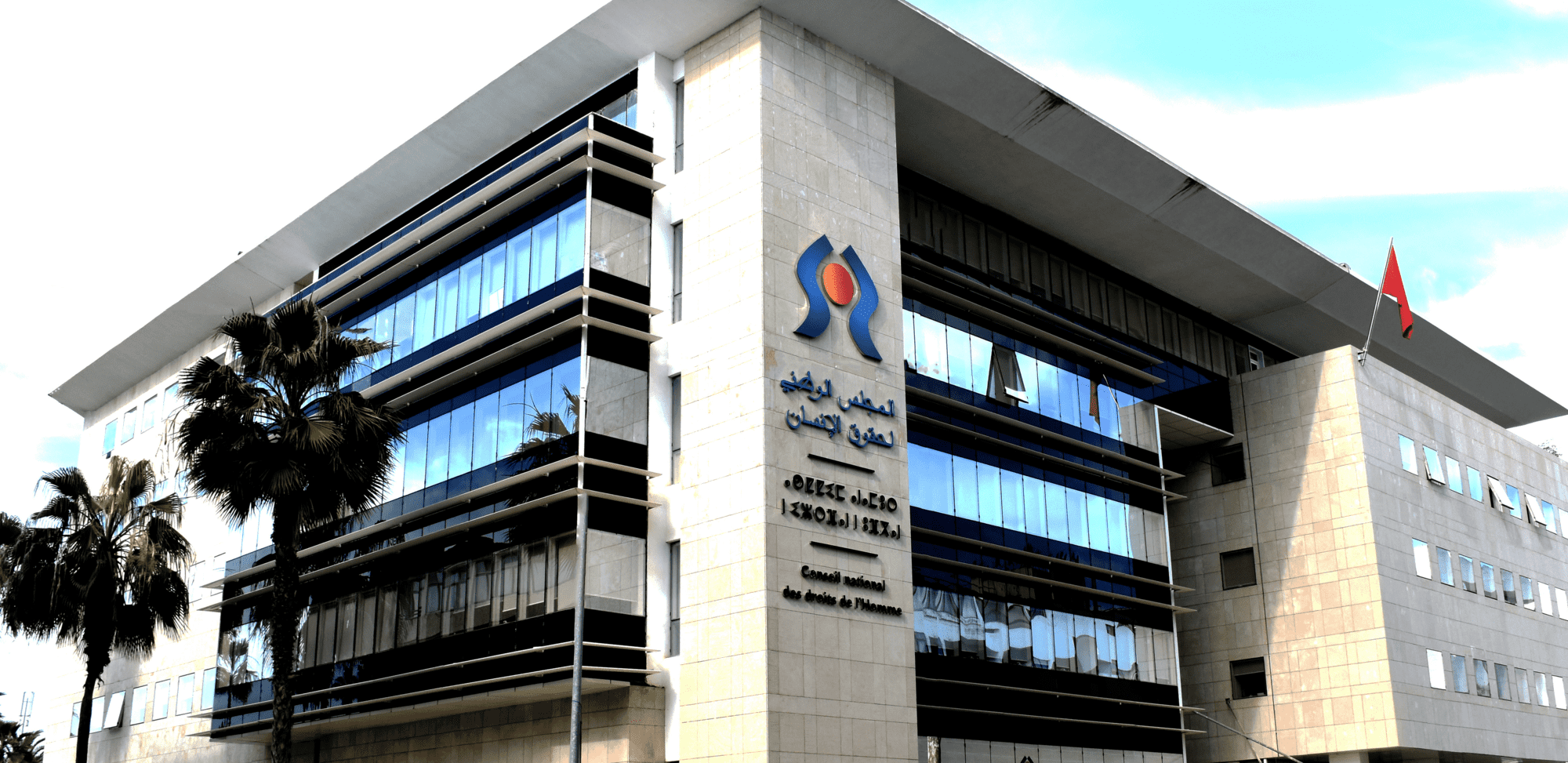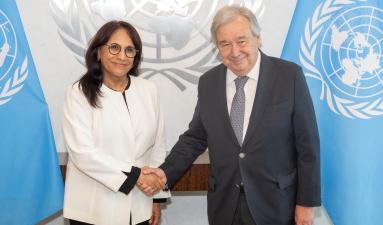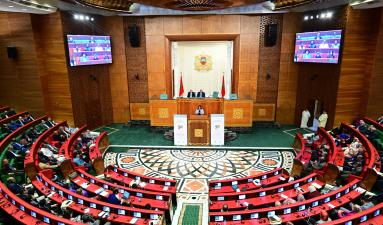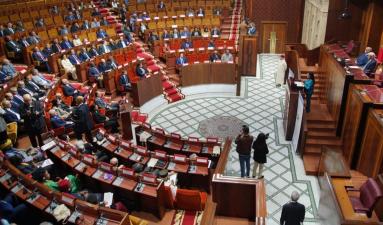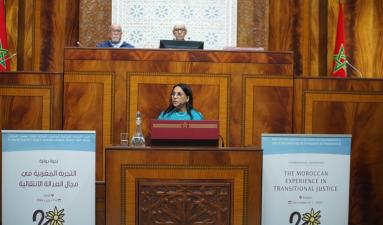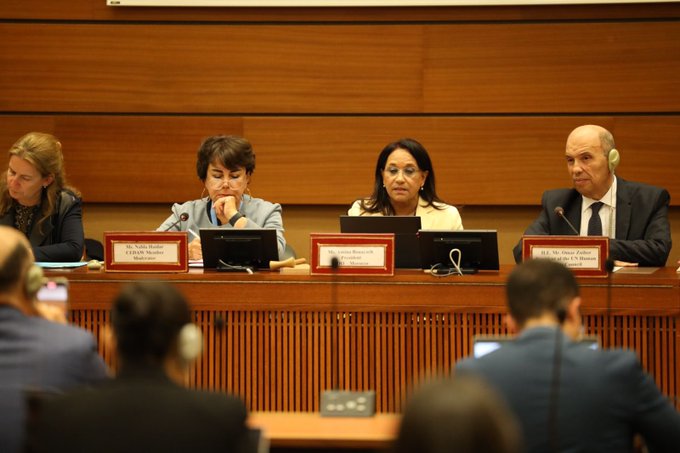
At a side event in Geneva, celebrating the 20th anniversary of Truth, Equity and Reconciliation, Ms. Amina Bouayach, Chairperson of the National Human Rights Council (CNDH), underscored Morocco’s unique approach to reform that bridges the past and future and links memory with justice in a continuous, evolving process. “Morocco decided to acknowledge its past and to build on the past to empower a better future,” she stated.
Her remarks were part of the opening statement for the side event titled “Bridging Justice, Reform and Memory in Transitional Justice Processes” held on September, 25, 2024. This side event was organized by the CNDH in partnership with the African Centre for Democracy and Human rights Studies (ACDHRS) and Sponsored by the Permanent Mission of the Kingdom of Morocco to the UN.
Ms. Bouayach highlighted that “Morocco became one of the few nations to voluntarily confront its past—investigating abuses, acknowledging suffering, offering reparations, preserving memory, delivering justice, and committing to reform.“ This reform was not only about righting the wrongs of the past but about ensuring a future where human rights are protected and justice is upheld for all. She added that “this reform is driven by the shared determination of both the State and society to safeguard freedom.”
Within this context, she emphasized that “Morocco’s transitional justice is a cornerstone of broader reforms,” underlining that “When His Majesty the King Mohammed VI announced constitutional reform in 2011, he made transitional justice recommendations a central pillar, grounded in Morocco's international human rights commitments.”
The CNDH Chairperson further pointed out that human rights, once ignored or violated, are now at the heart of Morocco’s governance. The national bill of rights, embedded in the Constitution, now guides the actions of both state and non-state actors, ensuring accountability and compliance.
Ms. Bouayach also noted “Morocco's inclusive and participatory approach to transitional justice, which engaged civil society and key stakeholders, has become a model for broader reforms. It was the only approach in revising the constitution, promoting regionalization, and modernizing the family code. This same approach reformed the electoral process, ensuring free and fair elections through effective monitoring by national and international NGOs and ballot reform, creating a more level playing field for the opposition and enhancing political representation for all.”
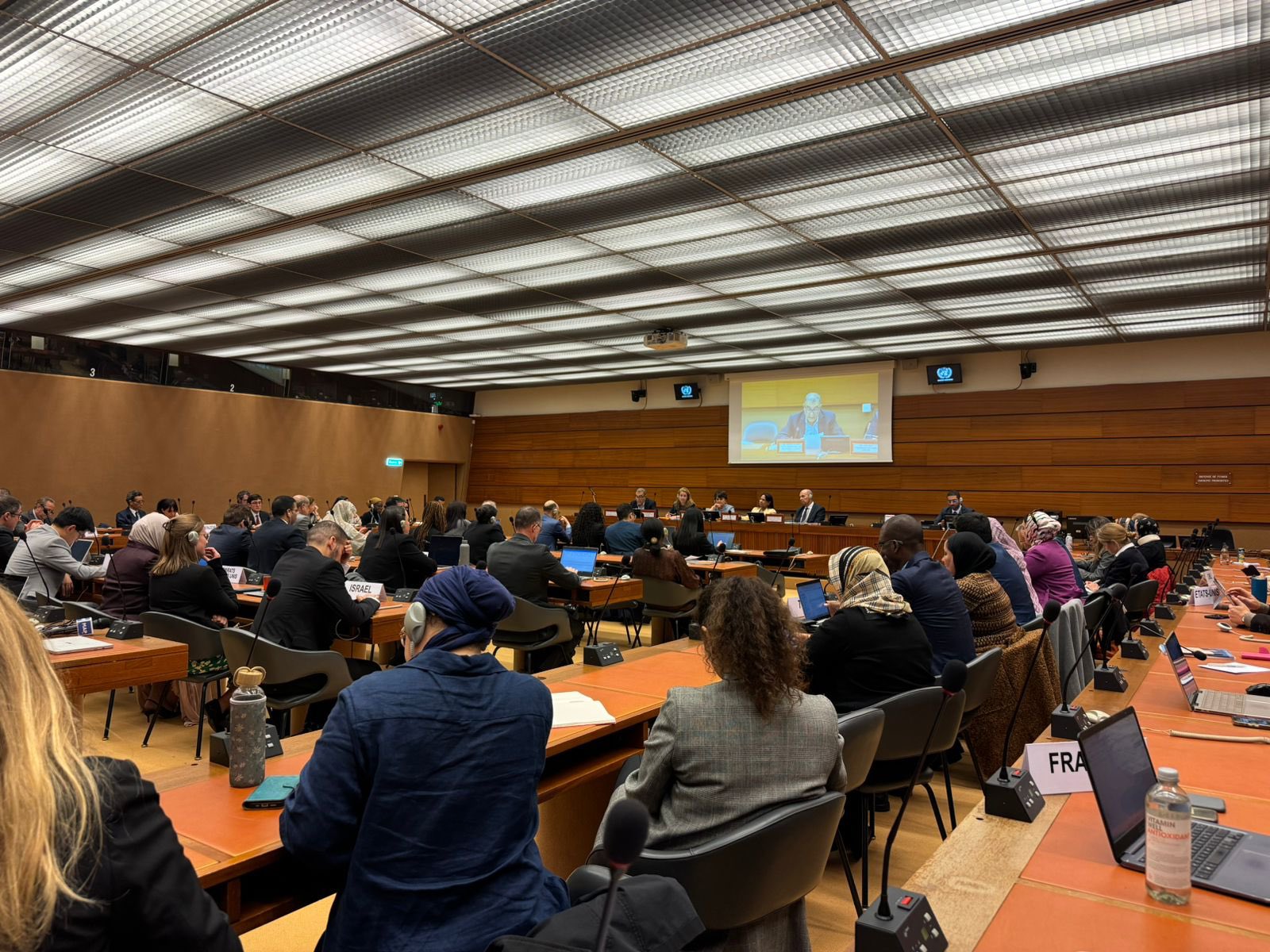
Addressing the importance of collective memory preservation, Ms. Bouayach stressed that it is a crucial element in any transitional justice process. “It does not only honor the victims but also strengthens society’s resilience,” she noted. Morocco has made very significant efforts and initiatives in this area; and several memory sites are set to open or re-open very soon.
The CNDH Chairperson affirmed that “victims' stories and biographies have been published and made available to the public." She explained that they were “printed and distributed in Morocco and that the archives of transitional justice have been collected, digitized, and fully preserved in acknowledgement of the victims' suffering” standing as a testament to resilience in the face of oblivion.
The side event was held as part of the 57th session of the Human Rights Council (HRC). Mr. Omar Zniber, UNHRC President, and Ms. Hannah Foster, President of the African Centre for Democracy and Human Rights participated in this event.
Ms. Nahla Haidar, Rapporteur of the UN Committee on the Elimination of All Forms of Discrimination against Women moderated this meeting.
Mr. Abdelhai Mouden, former member of the Equity and Reconciliation Commission, Mr. Bernard Duhaime, Special Rapporteur on Truth and Justice, and Ms. Rau Julia, Expert and Advisor on Transitional Justice at the Office of the High Commissioner for Human Rights also contributed in the discussions.
Download CNDH Chairperson’s Address

